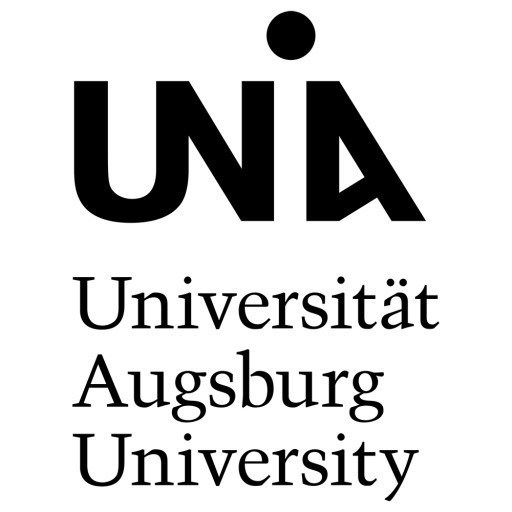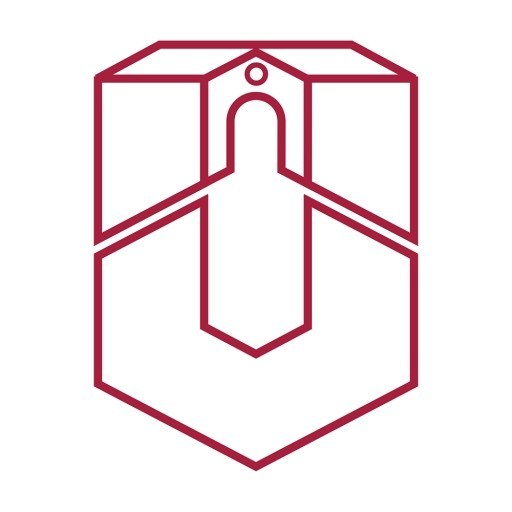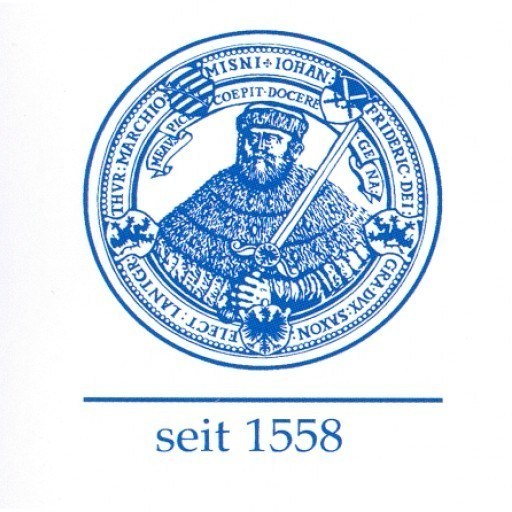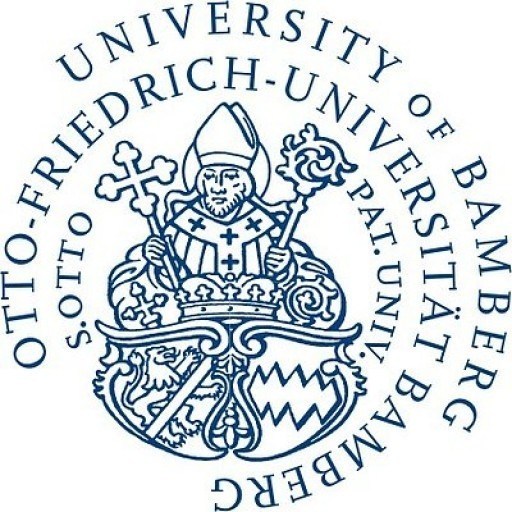Photos of university / #unigoettingen
The Bachelor's program in English Studies and English Philology at the University of Göttingen offers students a comprehensive exploration of the English language, literature, and culture. This program is designed to provide a solid foundation in linguistic and literary analysis, enabling students to develop critical thinking, advanced language skills, and cultural awareness. Throughout the course of study, students engage with a diverse range of subjects, including historical linguistics, phonetics, syntax, semantics, and modern and classical literature from English-speaking countries. The curriculum emphasizes both theoretical knowledge and practical skills, preparing graduates for careers in education, translation, editing, publishing, or further academic research.
Students have the opportunity to study English from various perspectives, fostering an understanding of its evolution, regional variants, and socio-cultural contexts. The program encourages active engagement with original texts, linguistic data, and contemporary media, which enhances analytical and communication skills. In addition to core courses, students can choose specialized modules in areas such as literary theory, intercultural communication, language acquisition, or digital humanities. The University of Göttingen also promotes international exchange programs, allowing students to gain experience abroad and deepen their intercultural competence.
The program places great importance on research and academic writing, and students participate in seminars, workshops, and projects that develop their individual research interests. Professors and staff members are internationally recognized scholars who support students through personalized mentoring and innovative teaching methods. Graduates of this program are well-equipped for diverse professional paths or for pursuing master's and doctoral studies in linguistics, literature, or related fields. With a rich academic environment and a historic university setting, the Bachelor's in English Studies and English Philology at Göttingen aims to foster linguistic excellence, cultural sensitivity, and scholarly curiosity in its students, preparing them for successful careers in a globalized world.
Educational organisation
Students are relatively free in their combination of courses and modules. We suggest that basic modules be taken before advanced modules are tackled, but there is no obligation to do so. The organisation of modules depends largely on which study option is chosen.Part-time studies are possible.
Study abroad unit(s)
Students are not required to spend a semester abroad, but are strongly advised to do so. A transfer of credits and exams is possible if students are counselled in advance about which modules/courses to take.Internships
Students opting for the Literary and Cultural Management area are required to complete a 12-week internship in Germany or the UK (e.g. in house museums, at the management of a literary festival, in a publishing company, etc.). Students can be assisted in finding a suitable place.Forms of assessment
Most core curriculum modules are worth 6 ECTS; some modules on offer (e.g. a module focusing on changes and contrasts in Anglophone literature and culture, the practical modules in Literary and Cultural Management and in Medieval English Studies as well as a module on tools and skills in English Linguistics) earn students 12 ECTS.Assessment is through a range of exam types, including written end-of-term exams (mostly in the basic modules), term papers (advanced modules), and oral presentations (advanced and research modules).
Course objectives
Depending on the chosen study option, students- have an in-depth knowledge of the developments inherent in the various disciplines of the area of study
- deepen their knowledge in English and American language, literature, culture, and in practical English studies
- develop an insight into and understanding of the theoretical and practical sides of the literature and culture industries
- improve their methodological skills and competence in analysis, interpretation, connecting ideas and knowledge
- improve their research and practical skills with regard to assessing texts and ideas, facts and changes in and across the various disciplines
Language requirements
Applicants must provide proof of English skills. We accept any of the following: Cambridge Certificate of Proficiency in English ("pass"), IELTS (band 7.0 minimum), TOEFL (587 points minimum), UNICert band III or other proofs of English at level C1 according to the Common European Framework of Reference.Applicants who wish to combine English Philology with a module package NOT taught in English must also provide proof of German proficiency if their native language is not German. Please enquire. Candidates without German language skills who choose an English-only module package are exempt on condition that they successfully complete basic German classes during their course of study.
Academic requirements
BA degree in English or a related subject (180 ECTS)A minimum of 50 ECTS in modules relating to English as an academic subject are required. See also the section on language requirements.
Enrolment fees
Enrolment fees are approx. 300 EUR per semester. Fees include a pre-paid semester ticket which entitles students to use regional trains free of charge within the federal states of Lower Saxony and Bremen as well as city buses. Students of the University of Göttingen receive discounts for cultural events. Meals and drinks are also available at reduced prices at all university canteens.http://www.uni-goettingen.de/fee
Costs of living
The average cost of living in Göttingen is modest compared to other major university cities in Germany. Currently, expenses for accommodation, food, health insurance and books reach approx. 700-750 EUR per month. Please note that fees for health insurance may vary according to age. Living expenses might be slightly higher.Job opportunities
The university supports students in finding part-time jobs in local industries and businesses. A number of student jobs are also available at the university. Please note that restrictions may apply with your scholarship or work contract.Arrival support
The International Office provides a complimentary pick-up service ("Buddy Exchange Service") from Göttingen railway station to the accommodation. German students help newly arrived students to adapt to the university and the city during their first weeks. There is also an orientation week for new international students, which provides valuable information about Göttingen and the university.Services and support for international students
The International Office assists international students with all administrative questions regarding their stay in Germany, e.g. enrolment, visa, foreigners' registration office, health insurance, and financing of their studies. Furthermore, it features a broad cultural programme, e.g. international cultural evenings, language workshops, theatre courses, films, dance classes, theatre and opera visits. Trips to various tourist destinations in Germany are offered throughout the year.At the department, students can fall back on a counselling and help network run by both lecturers and the departmental students' association. In addition, help and advice is provided with regard to all subject-related problems, from choosing the right variety of modules to drawing up timetables and sitting exams. It is strongly advised, however, that students recognise their needs for advice and make contact themselves.









